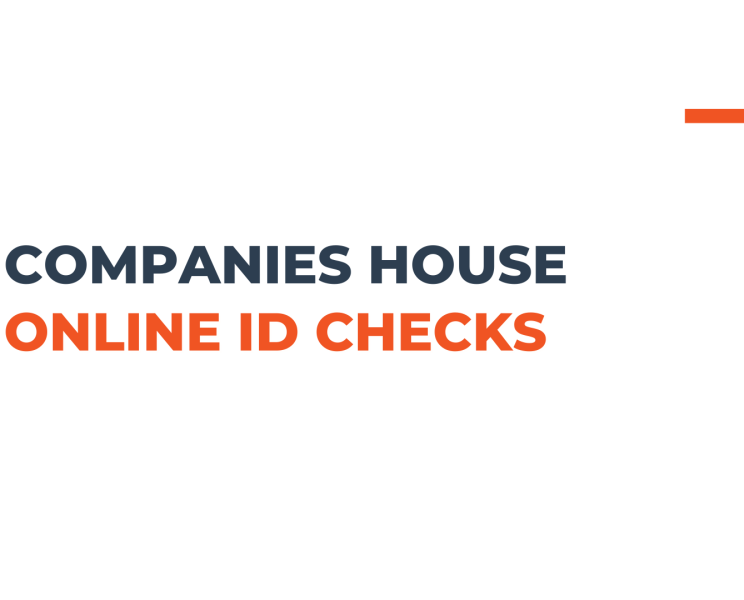My Business Is My Pension, Isn’t It?

Working for yourself provides you with the freedom and flexibility to fit work around you.
The major consequence of this is that you’re in charge of your own financial future as you have no employee benefits package to rely on.
Failing to plan for your financial future could lead to a big decrease in your standard of living in later life, therefore it is key to start planning early.
So, what is the best way to fund your retirement as a business owner? Almost always, a variety of income streams including a pension, your business and property is the safest and smartest option.
One of the most common reasons we hear from business owners and entrepreneurs as to why they haven’t invested in a pension is ‘My business is my pension, isn’t it?’
Understandably, these individuals have probably been too busy running their business to wrestle with investment fund choices, asset allocation and pensions tax legislation.
However, a business sale can sometimes be an inefficient and risky strategy to be the only source of income in retirement. Here are three reasons why:
1 – 10%-20% Capital Gains Tax (CGT) payable when you sell
When selling your business, capital gains tax will be payable. This is currently between 10-20% depending on your marginal income tax band and/or if you qualify for business asset disposal relief. (formerly entrepreneurs relief). That’s a big chunk of your hard-earned profits!
By contributing to a pension, you can extract up to your current year’s allowance (maximum £40,00) and any unused allowance from the previous three tax years. This provides you with a tax-efficient strategy to gradually dispose of your business assets without incurring a CGT charge. Furthermore, from the age of 55 – you can draw down 25% of your pension benefits free of income tax and CGT.
2 – Potential 40% Inheritance Tax (IHT) liability
Building a business takes time, effort and smart decisions on a daily basis to succeed. Therefore, most entrepreneurs don’t relish the idea of their heirs paying 40% inheritance tax if they die. Most assets within a business will qualify for business property relief and therefore be exempt from IHT, however, there could be assets within the business which do not.
There are a few ways to protect your business assets from IHT, but a pension is one of the most favoured as it sits outside your estate and will not count towards your inheritance tax threshold when you die. Therefore, a pension is a great way of leaving money to your loved ones while ensuring they can keep as much of your money as possible.
3 – Timing and value
This last reason is more common sense than expert financial planning. Any experience in selling a house will give you a good inclination as to what selling a business will be like. Like a property sale, there will likely be many parties involved – lenders, solicitors, accountants, and even consultants.
Therefore, planning to sell your business at a specific date so you can cruise off into the sunset is unrealistic. Diversifying your retirement plan between your business, pensions and property will give you the flexibility to kick off your boots in (insert your dream location here) and watch the sun go down.
Finally, the value you’ll receive for your business sale will be highly market dependent. Business owners and entrepreneurs tend to be optimistic people which helps them in their success, however with the rapid advancement in disruptive technologies, it has never been a more precarious time to be a business owner. What if the business can’t sell at a value which enables you to retire? Again, not having all of your eggs in one basket is only going to help.
Please note that none of the above should constitute financial advice
Please note pensions are a complex area of legislation and you should seek financial advice to help understand what is suitable for you.
The value of an investment with St. James’s Place will be directly linked to the performance of the funds selected and the value may fall as well as rise. You may get back less than the amount invested.
The levels and bases of taxation, and reliefs from taxation, can change at any time and are generally dependent on individual circumstances.



